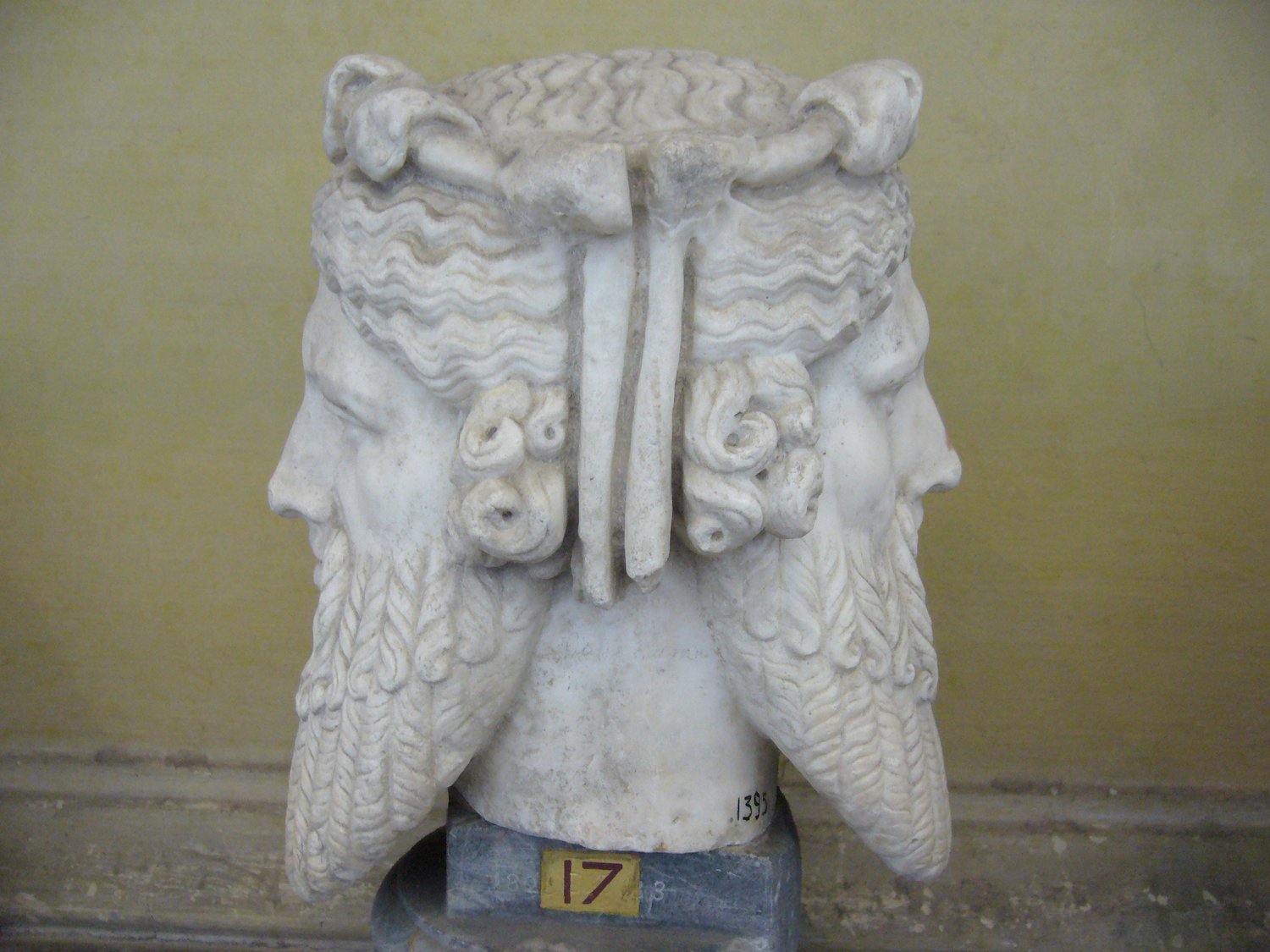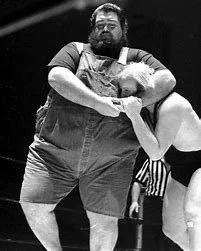Barbarians at the Gate
On our way to care for Judah, our baby grandson while his lucky parents were to go hiking in the beautiful northern Italian Dolomites, Judi and I stopped for an overnight in Verona to catch an outdoor performance of the Barber of Seville. We sat high up in the Arena, the preserved ancient Roman amphitheater from the first century. 2023 is the centennial of live outdoor opera in Verona, and we paid quite a few lira for the privilege of joining the celebration.
When I would counsel wedding couples, I would give them my strong and considered opinion not to plan an outdoor wedding. Their wedding day is the most stressful (and expensive) day of their life. One should not depend upon the vagaries of the weather spirits to assure happiness. No couple ever took my advice and most of the time the weddings were beautiful as planned, except for . . . well, you have all been to those weddings too.
It turns out that outdoor opera is subject to the same weather patterns as outdoor weddings. Who would have thought? Judi and I sat exposed in the rain for two hours waiting for Figaro. We are true fans. At 10:55, minutes before they would call the evening and we would get our refund, the rain stopped, and the orchestra tuned up. Judi and I were soaked, cold and exhausted. We left at midnight, before the intermission and ambled our way back to our hotel to dry off and take a warm shower. There is a price to pay for culture and entertainment. Sometimes the price is more than just a few dollars.
The following morning, we toured Verona. Our guide explained to us about the 2,000-year-old amphitheater, our home in the rain. It was constructed outside the city walls. The Roman Colosseum had double the seating capacity, but the Verona Arena was not shabby by any metric. Its construction held up for two millenia and the acoustics are still incredible. Back in its heyday, every resident of Verona plus several thousand visitors could find a seat for a performance.
It is called the Arena because its floor was covered with harena, the Latin word for sand. Back in the day, the morning show would be men, often prisoners, fighting wild animals—you know, lions and tigers and bears, which were captured and shipped to Verona to entertain the crowd. I don’t know which contestant had the greater odds of seeing the afternoon, but I would bet the animals had the advantage. They were worth more than slaves and prisoners, which were valuable too but more easily replaceable than a lion or jaguar from another continent. If I were to make a bet, I would bet on a hungry tiger over a petrified human being.
Hey, it’s all in fun.
The afternoon show featured the gladiators. These were trained fighters who went to school to learn to kill and avoid being killed. They were put on the Arena floor with short knives and, well all the rules went out the window. If a gladiator survived enough battles, he could retire rich and famous. But he could not afford to lose once. I would wager that the gladiators took their training seriously. Overnight the groundskeepers shoveled out the old sand filled with blood and guts and replenished the flooring with clean fresh harena—ready for another day. You got to keep the crowds happy.
I know about happy. As a teenager, I spent many a cold New England Sunday afternoon in front of my TV with a few buddies watching professional wrestling. My dad told me that it was all fake and that these guys were just actors, but I knew more than my father and I was into it.
I yelled at the TV when Professor Toru Tanaka threw salt in Bruno Samartino’s eyes and supposedly he couldn’t see, and then Taneka clobbered him. That was not fair, but he was a sneaky Jap—that was kosher to say in 1967, who couldn’t be trusted. I looked him up actually, and Tanaka was born and American citizen in Hawaii. And Samartino was the handsome good guy who had the sympathies of all the Italians in Boston. (Friends, do you think these ethnic stereotypes were by accident?)
Haystacks Calhoun weighed 630 pounds. He would put some hapless team of midgets between his legs and twirl them around. We all roared with delight. And we hollered at the idiot referee who couldn’t notice the infractions that we eighth graders saw clearly on our tv screens. It was all part of being thirteen with not too much to do when it was bitter cold outside. Calhoun died at the young age of fifty-five.
I grew out of that stage pretty quickly, but I understand its appeal. There is something about the roar of the crowd and intense cruelty from a distance that can entice human beings to cheer for blood—any blood, to stain the clean sand on the arena floor. I don’t know what it is, but it sure was a hallmark of Roman culture. To their credit, the Romans built underground sewer systems, streets and roads, viaducts and amphitheaters that still hold up today. And for making a sport out of cruelty, I cannot imagine a more accomplished culture.
Our guide in Verona remarked that when the barbarians defeated the Romans and took over Verona, the amphitheater fell into disuse. The bloodletting between man and beast and man and man all stopped. And I guess it was about 1500 years or so before they opened the Arena again, only this time with violins, oboes and tympany drums.
The Barbarians defeated the Romans. But from my perspective as a tourist in the lovely city of Verona, two thousand years after the Arena held its inaugural show, I kind of root for the Barbarians. Maybe they are the good guys and it was the Romans who threw salt in the eyes of humanity.
———————————————————————————
Please enjoy and stay tuned. Backwards and Forwards will appear, again, magically in your inbox in a few weeks. In the meantime, feel free to drop me a note at backwardsforwards.newsletter@gmail.com.
If you know people who might appreciate Backwards and Forwards, please forward this to them and tell them to hit the SUBSCRIBE button. Previous issues of my newsletter can be easily accessed at www.jonathan-miller.net.
Whether we are going backwards or forwards, none of us is standing still. And successful people can move both forwards and backwards at the same time.
Until next time, shalom,
Jonathan




